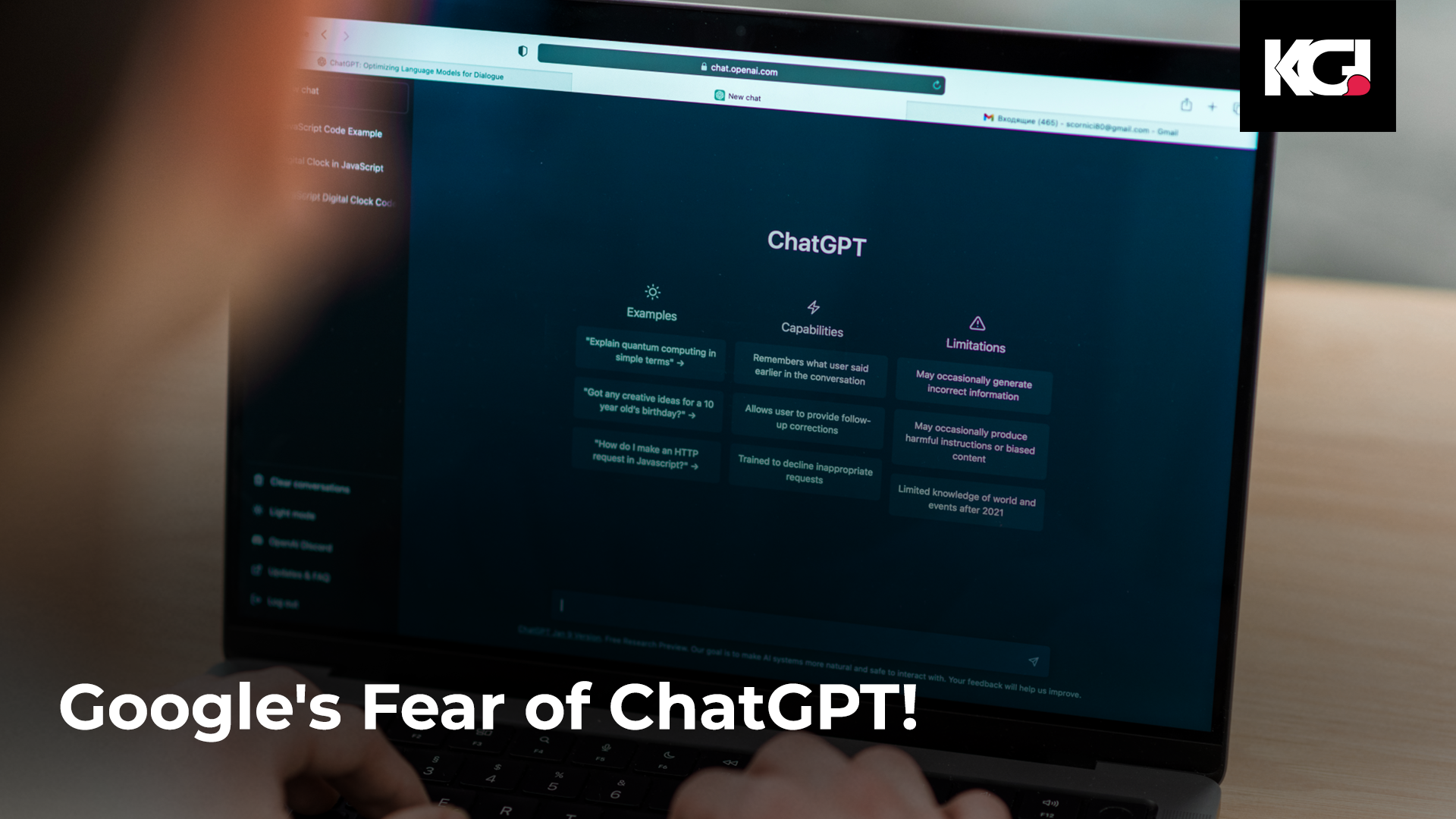There is no evidence to suggest that Google has a fear of ChatGPT, as Google itself has developed and implemented various AI language models, such as Google Assistant and Google Translate, in their products and services. In fact, Google has been at the forefront of AI research and development, investing significant resources into developing and improving AI technologies.
ChatGPT is an AI language model developed by OpenAI, not Google. While it is true that ChatGPT has the ability to generate human-like responses to text-based prompts, it is not a direct competitor to Google’s AI products and services. Rather, ChatGPT is a tool that can be used to enhance and improve various applications and services, including search engines, chatbots, and customer service platforms.
However, it is possible that Google and other tech giants may view the increasing sophistication and capabilities of AI language models like ChatGPT as a potential threat to their dominance in the tech industry. As AI language models become more advanced and capable, they may be able to perform tasks that were previously the domain of human workers, such as customer service and content creation. This could potentially lead to job displacement and other economic and social implications.
It is also possible that Google and other tech companies may view AI language models like ChatGPT as a threat to their business models. As more companies and organizations begin to adopt AI technologies, the role of traditional search engines and other digital marketing channels may become less significant. This could impact the revenue streams of tech companies that rely on advertising and other digital marketing services.
It is worth mentioning that Google is working heavily on developing and improving its AI software products, such as:
1. TensorFlow is an open-source software library for machine learning and deep learning that allows developers to build and train complex neural networks. It is one of the most popular AI software tools in use today and is used by companies and researchers across a wide range of industries.
2. Cloud AutoML is a suite of machine learning tools that allows businesses to build custom machine learning models without requiring extensive coding or machine learning expertise. The tool uses Google’s pre-trained models and allows users to customize them for their own specific needs.
3. Dialogflow is a natural language understanding platform that allows developers to build chatbots and virtual assistants that can understand and respond to user requests. It uses machine learning algorithms to analyze and understand user input and provide appropriate responses.
4. Google Translate is a machine translation software that allows users to translate text, speech, images, and websites between different languages. It uses machine learning algorithms to improve translation accuracy and has become one of the most popular translation tools in use today.
These are just a few examples of the many Google AI software products that are available. Google is constantly innovating and developing new AI tools and technologies that can help businesses and developers create and implement cutting-edge AI solutions.
Despite these potential challenges, AI language models like ChatGPT are still in the early stages of development and have not yet fully realized their potential. As such, it is too early to say how they will impact the tech industry and the wider economy in the long term. What is clear, however, is that AI technologies are likely to play an increasingly important role in our lives and in the economy in the coming years, and companies like Google will need to continue to innovate and adapt in order to remain competitive in this rapidly changing landscape.


